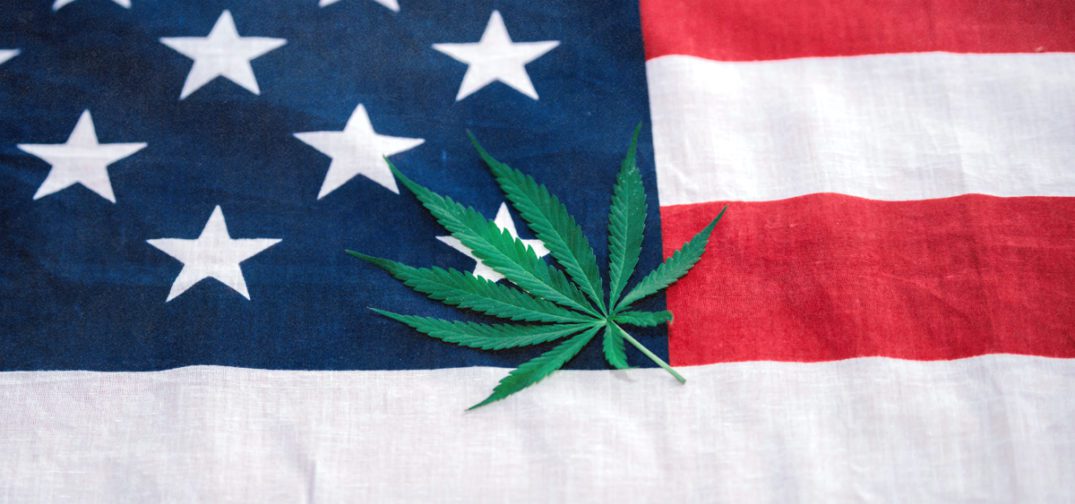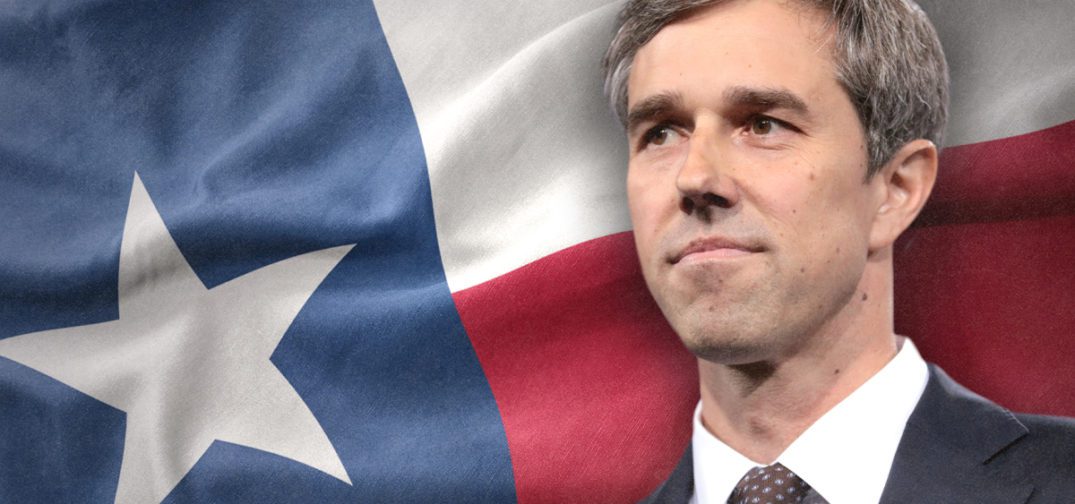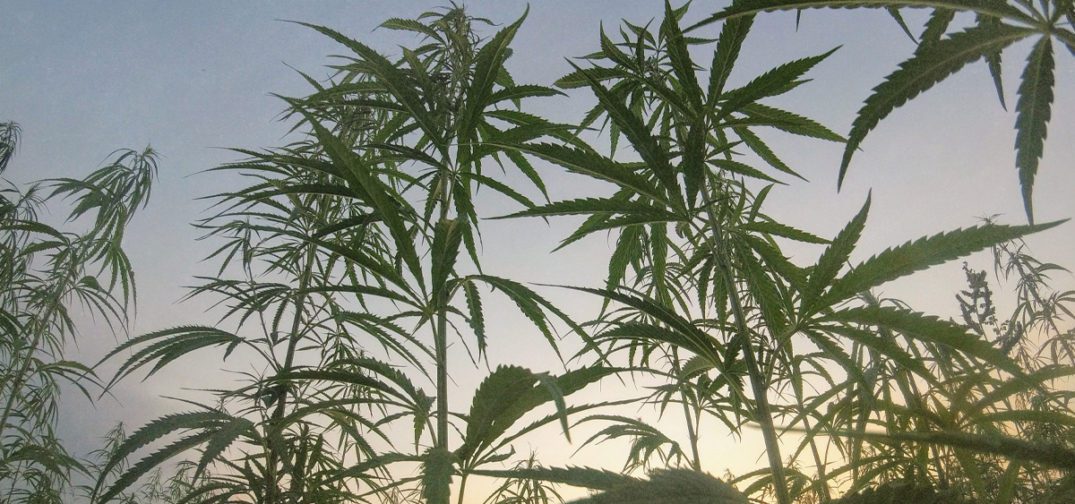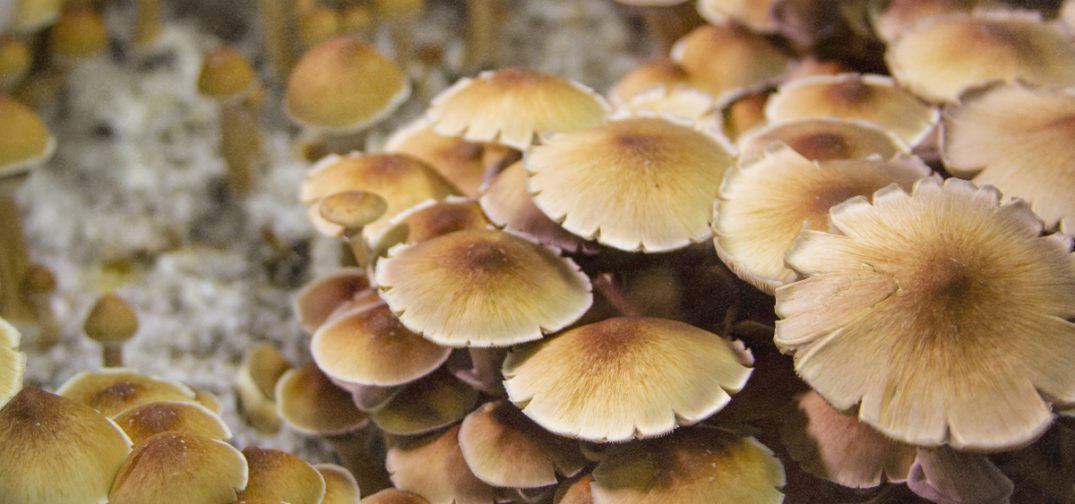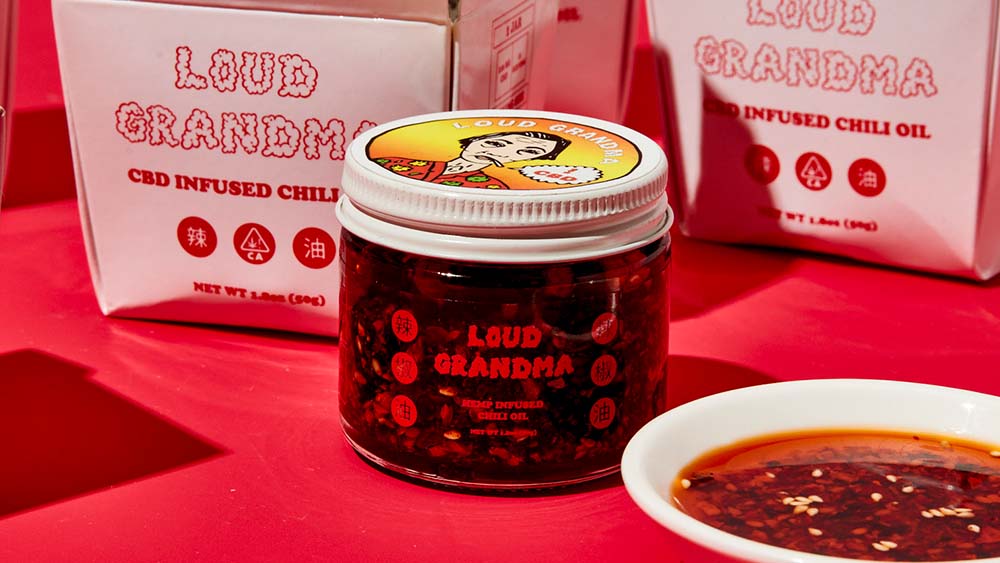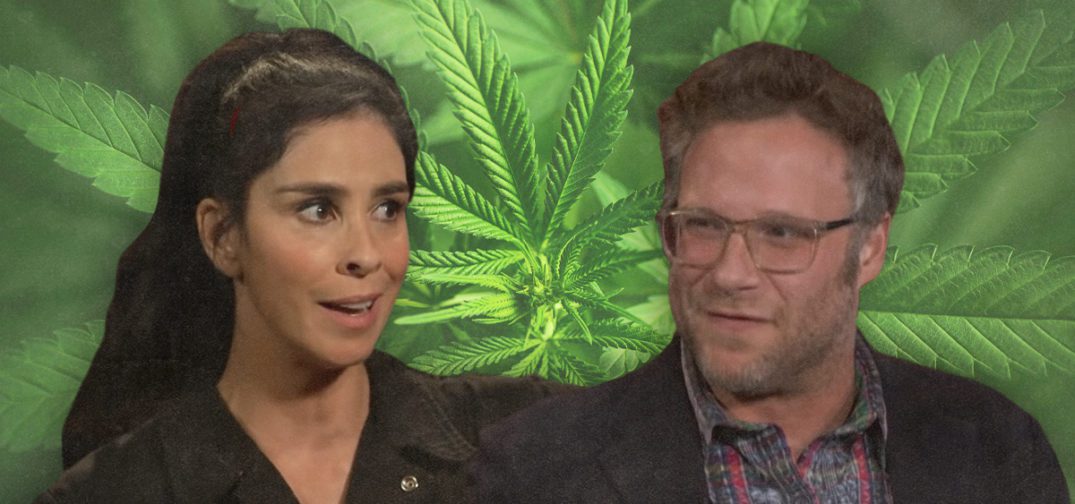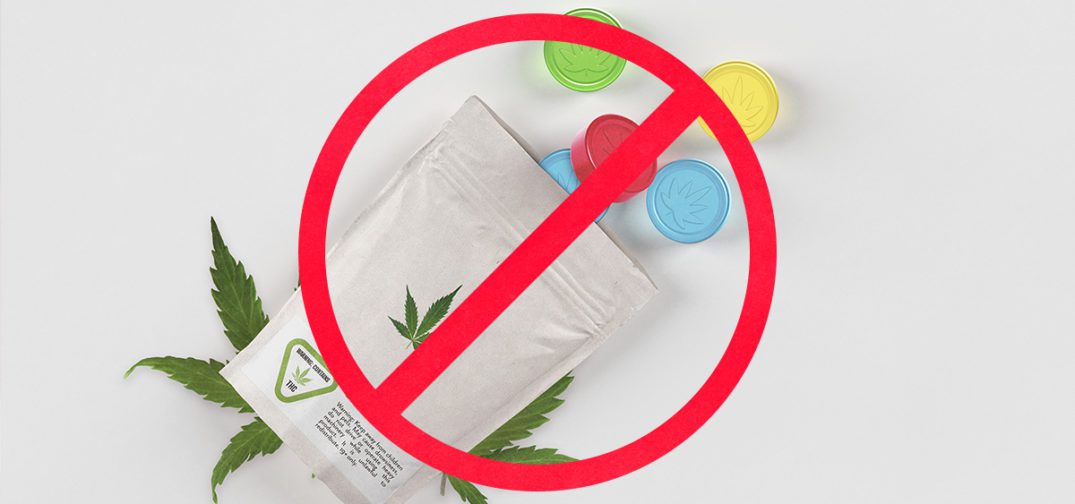The daab is the latest innovation from award-winning hardware and technology company Ispire and it’s their best yet, continuing to pave the way for user-friendly accessibility around cannabis and concentrates. The daab is the sophomore product in Ispire’s Dab Devices Collection using the same induction heating technology as their flagship product, The Wand. While the Wand utilizes fireless heating to make almost any bong or rig dab-ready, the daab takes that one step further. By providing an all-in-one unit and a sturdy carrying case, the daab combines all the best features of The Wand, like its “magic” heating capability and custom temperature controls, with portability and highly intricate calibration to supply the perfect hit, every time. In short — it rips.
“At Ispire, we are driven by our desire to bring innovation to the cannabis community,” said Michael Wang, Ispire CEO. “We strive for perfection in our quest to deliver the perfect hit. Our latest product, the daab, eliminates the atomizer with our innovative approach to heating. We are able to create a clean and pure dab experience that is a game-changer for the community.”
The daab is Ispire’s first all-in-one unit to use induction heating. Induction heating uses alternating electromagnetic currents to evenly heat the surface area with little to no wasted heat, so only your product gets hot, not the whole room. No flame, no mess, no stress. The new device comes in a stunning hard-shell case that allows for safe portability. The contents include a base unit, a borosilicate glass chamber, a dab mat, silicone rings to help cushion your glass and keep it safe, two inner concentrate cups (longer than those used for The Wand), a beautiful glass carb cap, a reclaim cup, charger, two 2900mah batteries and a branded dab tool to create a perfectly curated experience for consuming concentrates on the go. The base unit is temperature-controlled in five-degree intervals from 250-800 degrees. To use, you simply load in your concentrates, tap the power button 5 times to turn the unit on, select your preferred temperature, tap the power button twice and the daab does the rest! The unit will then begin to show a blinking light as it heats up to your selected temperature and audibly beeps when ready to hit. The temperature is then sustained until one final beep and the light turning off signals the beginning of the cool-down period.
When it comes to hardware, lifespan is everything. Unlike other devices on the market, the daab doesn’t require concentrates to be loaded into the unit itself, but rather into the custom, interchangeable inner cups made of food-grade glass. This means easy cleaning along with minimal clogging and deterioration of the device itself over time, leading to a longer total product lifespan. It also means that the user gets the purest dabbing experience possible, with their concentrates never touching plastic or metal.
Ispire offers a complete line of cartridges, batteries, disposables, and dabbing products available exclusively for distribution through Wholesale, OEM, and ODM. Learn more at https://www.getispire.com.
About Ispire
We are a cannabis technology company dedicated to developing innovative consumer products for the cannabis industry. We have been perfecting our technology over the past ten years. We have over 1500 patents globally and are a recognized leader in vaping hardware and devices. We have a seasoned team of industry experts, engineers, R&D, and a high-quality supply chain to meet a growing market’s demands.

